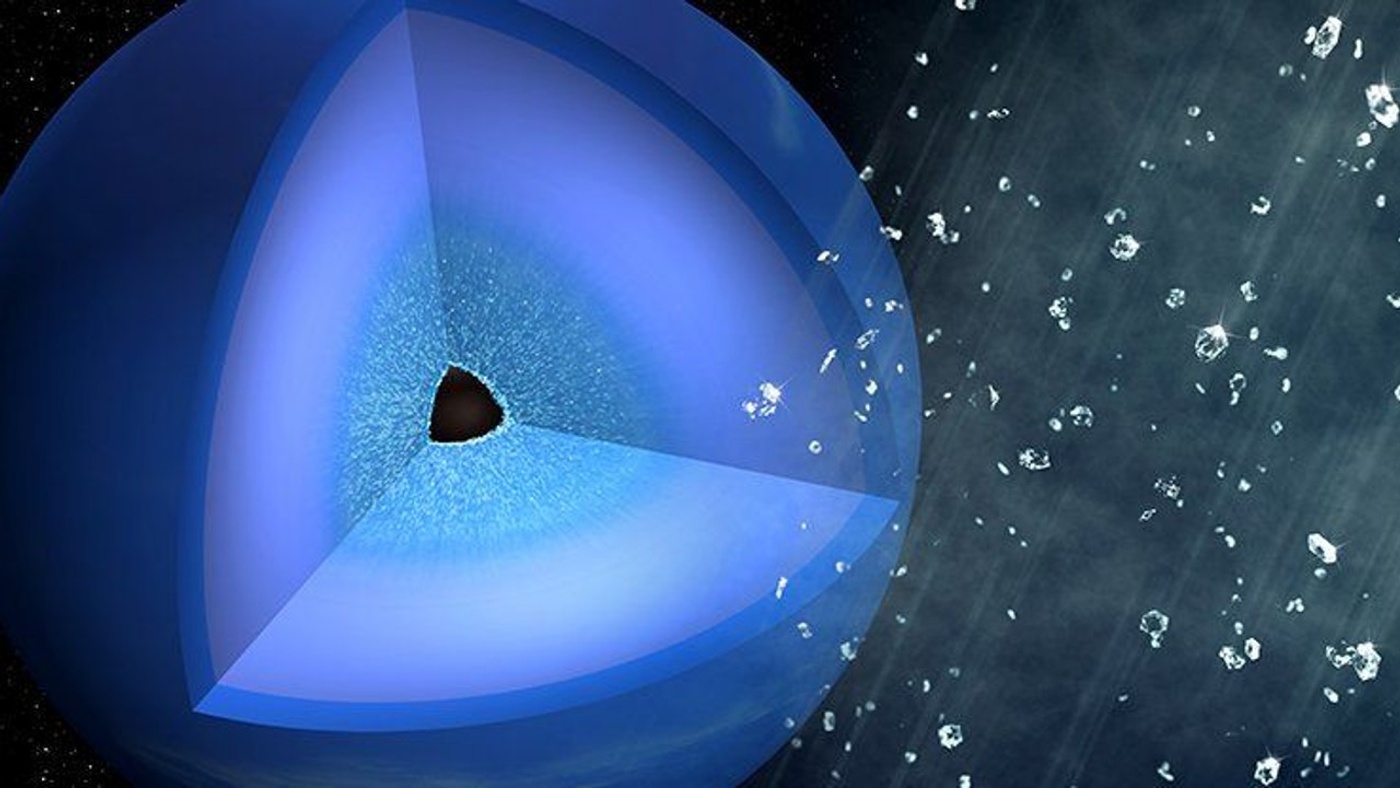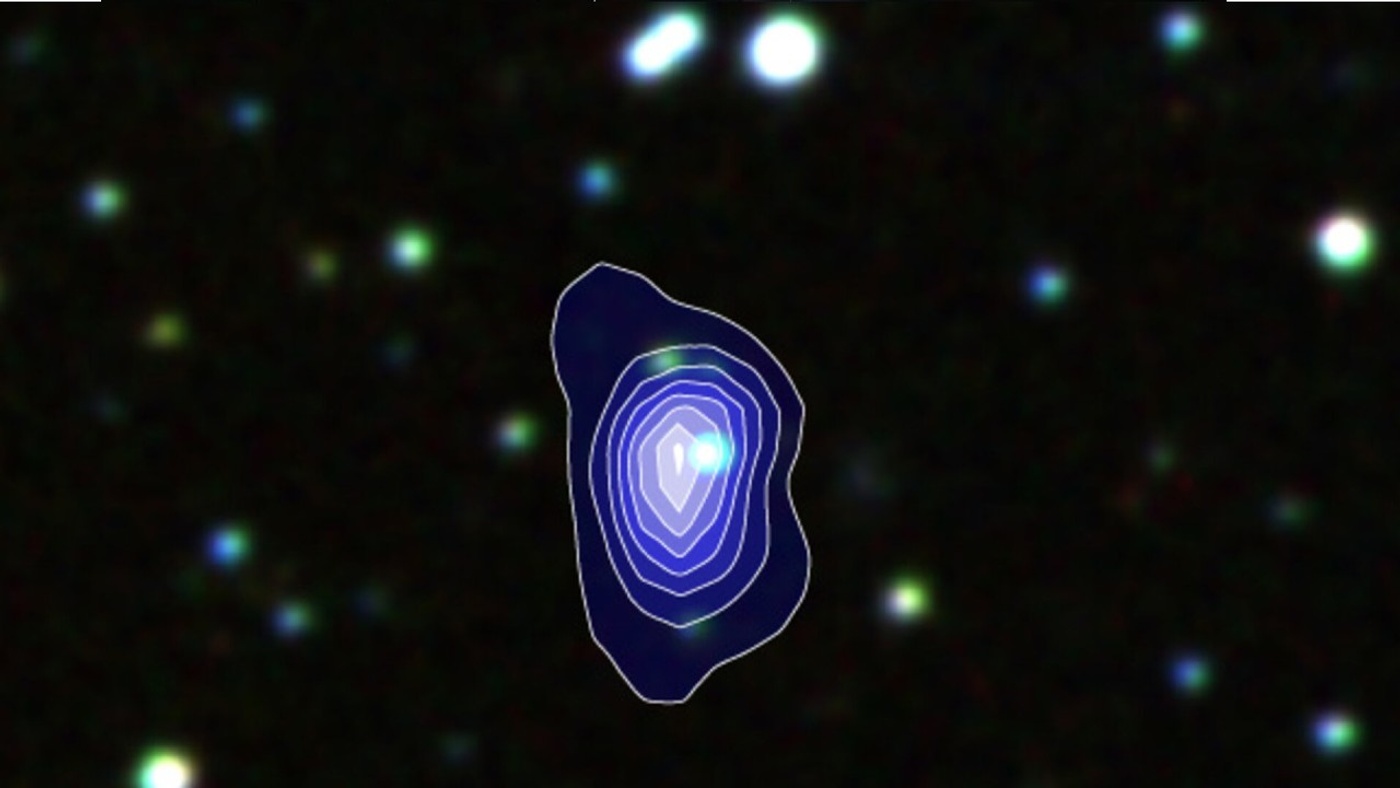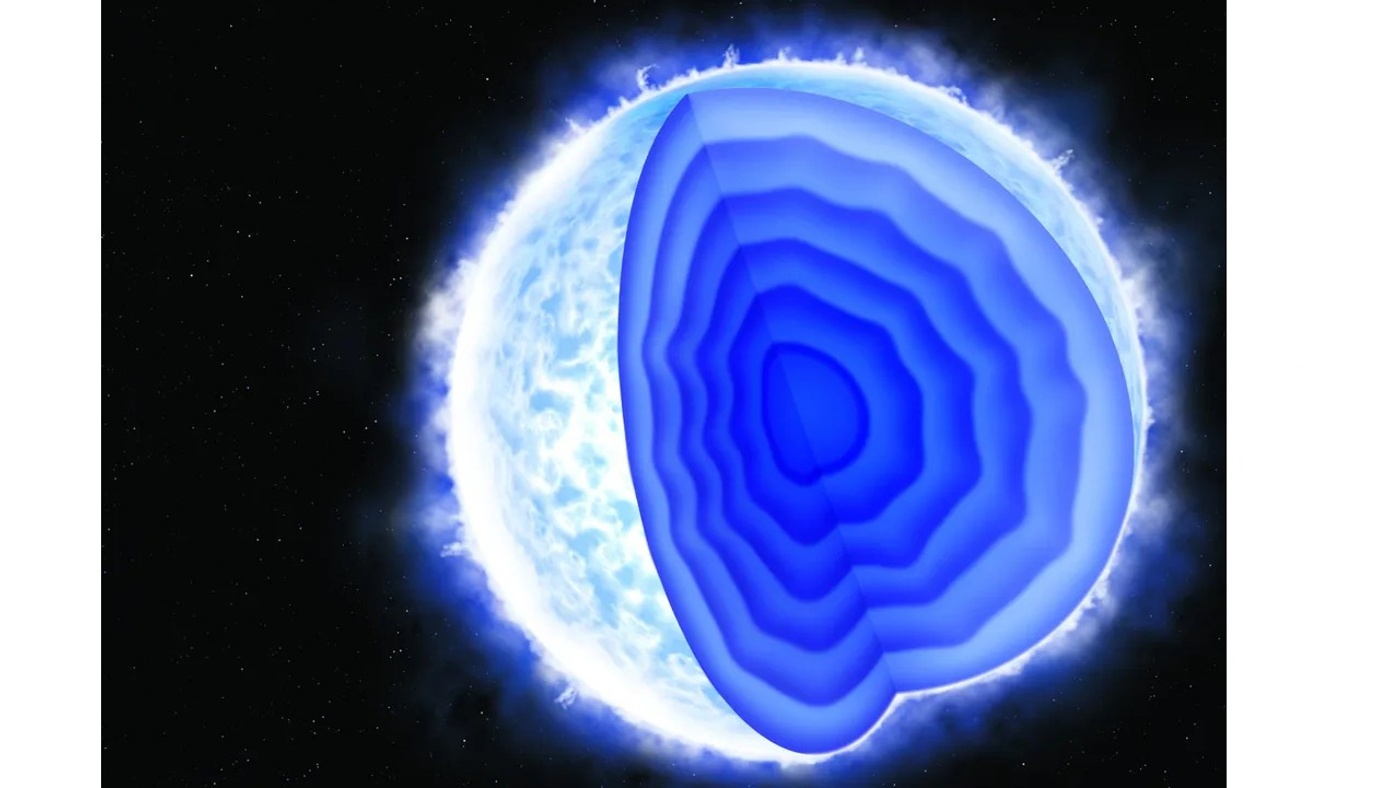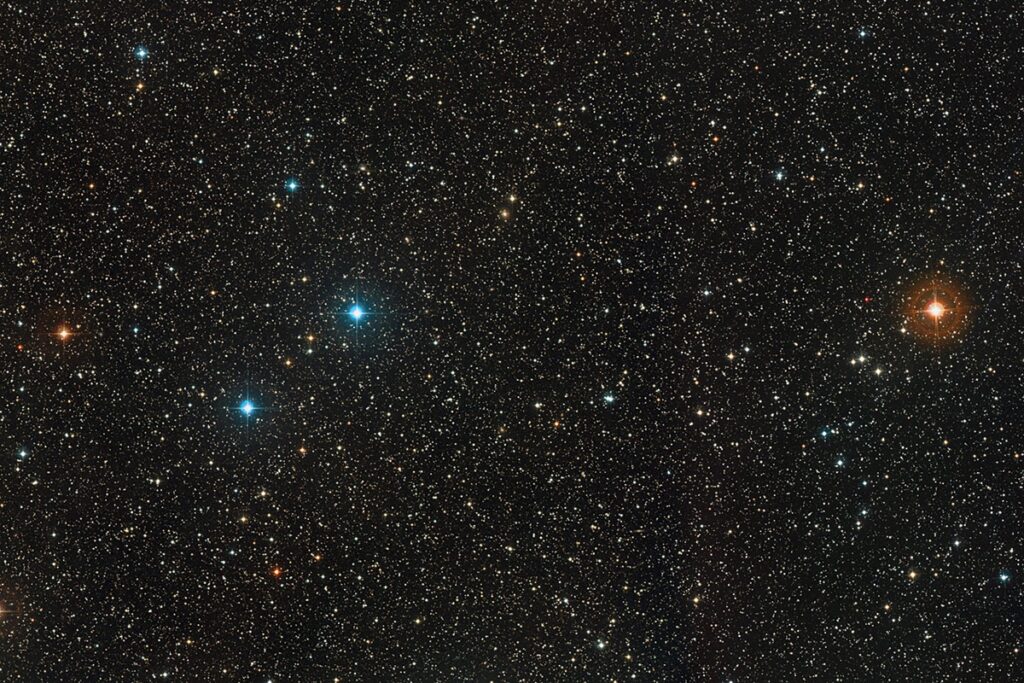Understanding stars is one of the most fascinating areas of research in space science. Bill Chaplin, Professor of Astrophysics at the University of Birmingham with their statements Discover how stars produce silent music and how these sounds illuminate the inner structure of stars.
Astroseismology is a science that allows us to understand the dynamics and evolution of the interior of stars. By studying not only the light of stars but also the vibrations within them, it reveals how these vibrations play a role in the structure of the star. Stellar oscillations are caused by the interactions between gravity, pressure and nuclear reactions in the core. By studying these pulsations in detail, scientists aim to better understand the age, size and composition of the star.
Natural Music of the Stars

According to Professor Chaplin, the stars create their own natural music. This happens when sound waves are trapped inside the star and move in a certain pattern, like a musical instrument. Like a wind instrument, sound waves are trapped in the outer layers of the star and a sound is produced. Although these sounds are not audible to the human ear, they are manifested in visual signs such as the brightening and fading of the star.

Like the waves that form when you touch the surface of water, for example, stars create waves as a result of changes in internal pressure. These pressure changes travel in wave form as they pass through the star and are trapped as sound in the outer layers of the star. The high pressure in the core of the star and the decrease in pressure towards the outer layers cause sound waves to travel through the star. When the star is pulsating, these sound fluctuations cause the star to become brighter and then dimmer again. This can be thought of as the star‘breathing in and out‘.

As a result, stars are not only celestial bodies that shine from afar, but also enormous orchestras that produce their own inner music. By discovering these hidden melodies through astroseismology, we can unlock the deeper secrets of these brilliant musicians of the universe.
Source: Science ABC


